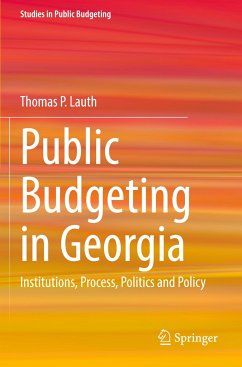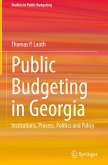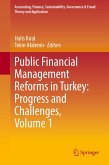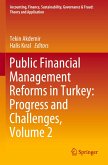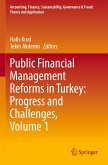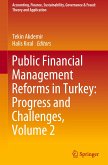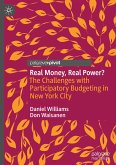This book describes the institutions and process through which the Georgia General Assembly adopts a budget, the executive-legislative branch politics that transpire during the process and the tax and spending policies that the process produces. It argues that the state's budget is developed by fiscal conservatives within a culture of fiscal conservatism that is conducive to low taxes and low spending. It identifies the patterns and trends of taxing and spending over several decades and during the administrations of nine governors. Its chapter on the line-item veto illustrates the nature of executive-legislative budget relationships in the state. It concludes with an examination of the important milestones in the evolution of Georgia budgeting and a comparison of Georgia with other states on several dimensions.
The book offers insights and assessments that will be of interest to budgeting scholars, students of state government, and citizens who want to know more about howgovernment taxing and spending decisions are made.
The book offers insights and assessments that will be of interest to budgeting scholars, students of state government, and citizens who want to know more about howgovernment taxing and spending decisions are made.

